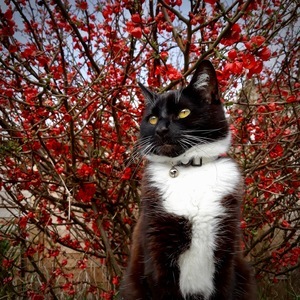17824230
GCSE English Language and Literature - Key Words and Terminology
Descrição
FlashCards por Sarah Stanley, atualizado more than 1 year ago
Mais
Menos

|
Criado por Sarah Stanley
mais de 5 anos atrás
|
|
Resumo de Recurso
| Questão | Responda |
| GSCE English Language and Literature Key Words and Terminology | GSCE English Language and Literature Key Words and Terminology |
| Allegory | A story, person or picture that can be interpretted to reveal a hidden meaning |
| Imperative | Important |
| Jargon | Special words or phrases, used by a specific group of people that others cannot understand |
| Fable | A short story, typically with animals, conveying a moral |
| Rhetorical Question | A question asked to create dramatic effect, rather than get an answer |
| Dialogue | A conversation between two or more characters |
| Satire | The use of humor to critize people, often used when critisizing politics |
| Emotive Language | Refers to words or phrases that change the feel of a sentence and create a certain emotion |
| Passive | Accepting and allowing what others do, without reacting or resistance Opposite of Active |
| Active | Engaging with the actions of others, often in resistance Opposite of Passive |
| Irony | Events that seem deliberately contrary, and often are amusing |
| Hyperbole | Exaggerated statements or words athat aren't meant to be taken literally |
| Format | How a text is set out |
| Context | Helps us undersand how and why a text was written |
| Layout | How a text is laid out to capture attention and interest |
| Structure | How a piece of writing is put together |
| Images | Used to capture a readers attention |
| Target Audience | Who the text is aimed at |
| Audience | General set of people who are liable to read the text |
| Generalised | Make a general statement Make something more widespread and applicable to a wider audience |
| Contextual | Depends on the following or preceding text to make sense |
| Anecdotal | Not true or reliable, based on personal accounts rather than research |
Quer criar seus próprios Flashcards gratuitos com GoConqr? Saiba mais.
